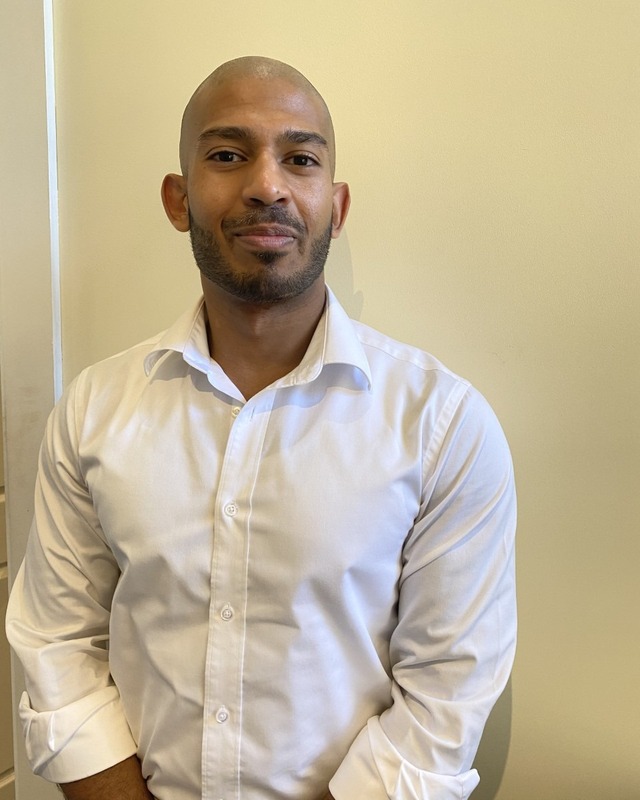By Tanya Steele
Addiction and a complex mental health disorder have ultimately decided the fate of an osteopath in Melbourne’s outer east suburbs.
An osteopath who self-reported his drug use, was suspended for 20 months and submitted his licence, has been found guilty of engaging in professional misconduct and was further reprimanded by the Victorian Civil and Administrative Tribunal (VCAT).
The final ruling was handed down in the case between Mr Vivek Canagasabai and the Osteopathy Board of the Australian Health Practitioner Regulation Agency (AHPRA) on 19 April.
The now-former osteopath Mr Canagasabai had previously told his medical board of his issues and was placed on several working conditions, which he then violated a number of times.
The now 35-year-old began smoking crystal methamphetamine at around the age of 21 while attending university and his use developed to the extent he was using half a gram daily.
From the ages of around 23 to 26, he was drug-free but then relapsed during a period of stress.
VCAT heard that the former osteopath Vivek Canagasabai “self-reported his conduct to AHPRA and made further admissions against his interest regarding his substance use.”
Mr Canagasabai had told AHPRA in June 2018 that he was getting ongoing psychiatric treatment for borderline personality disorder and amphetamine addiction.
AHPRA then placed working conditions on his registrations in July 2018 and Mr Canagasabai was at that point required to have regular drug screenings, medical treatment and to be supervised while working with clients.
Allegations were made by AHPRA about Mr Canagasabai’s drug use from that point, his ongoing failure to submit to required drug tests, his lack of adherence to registration conditions and general professional misconduct were considered by the tribunal as accurate.
VCAT found that Mr Canagasabai had tested positive for methamphetamine and other prescribed substances and also saw clients whilst unsupervised – a breach of his previous working conditions.
The tribunal said that Mr Canagasabai’s recent periods of relapse have been associated with “stress surrounding relationship difficulties, including the end of a six-year relationship, and the AHPHRA proceedings.”
The osteopath practised most recently at a Ferny Creek healing centre in March 2021 but had also practised in Bayswater North, Boronia and Rowville.
On 31 May 2019, AHPRA suspended his registration until 21 January 2021 – a period of nearly 20 months.
On 4 November 2021, Mr Canagasabai surrendered his registration and currently attends a psychologist for ongoing treatment, support and management.
“The public is protected by the surrender of his registration,” the tribunal said.
Mr Canagasabai’s conduct and how it was determined within section 5(c) of the Health Practitioner Regulation National Law (Victoria) Act of 2009, along with the ongoing conditions surrounding the terms of his working licence were placed under high scrutiny by the tribunal.
The section in contention posed the question of whether Mr Canagasabai’s conduct was inconsistent with him being ‘a fit and proper person to hold registration in the profession.’
Mr Canagasabai had failed to submit to multiple urine and hair sample drug screenings and relapsed by his admission via email to AHPRA in May 2019, on one occasion he presented with a shaved head with no explanation and a proper sample was unable to be retrieved.
The tribunal said that there was no direct evidence to show Mr Canagasabai worked whilst affected by substances and his workplace submitted to AHPRA that they had no recall of him acting strangely or receiving complaints or concerns from staff or patients.
The tribunal said his failure to comply with the imposed conditions, albeit on two sets of occasions, reflected the chaotic challenges of a combined dual diagnosis of substance use disorder and borderline personality disorder, rather than ‘dishonest or deliberate flouting’ of the conditions imposed by AHPRA.
“He suffers from two serious health conditions for which he has had treatment and continues to see a psychologist for treatment,” they said.
“He does not have the quality of seriousness or moral turpitude required to find section 5(c) of the National Law satisfied.”
AHPRA also submitted that he be further disqualified from applying for registration for 12 months and Mr Canagasabai had submitted that he should be reprimanded only.
The tribunal did not impose any further disqualifications and said that one of the factors to be considered in imposing a determination is the degree to which the practitioner has developed ‘insight’.
“We can see no utility to either his rehabilitation or the protection of the public in extending his disqualification period for a further 12 months,’ they said.
“One of the primary purposes of a determination are to protect the public, maintain the ethical and professional standards and the good reputation of the profession in the eyes of the public,” they said.
If he re-applies for registration in the future, Mr Canagasabai will have to satisfy AHPRA’s requirements and the tribunal stated that any practitioner viewing his trajectory over the past 5 years considering engaging in like conduct, would be appropriately deterred.








